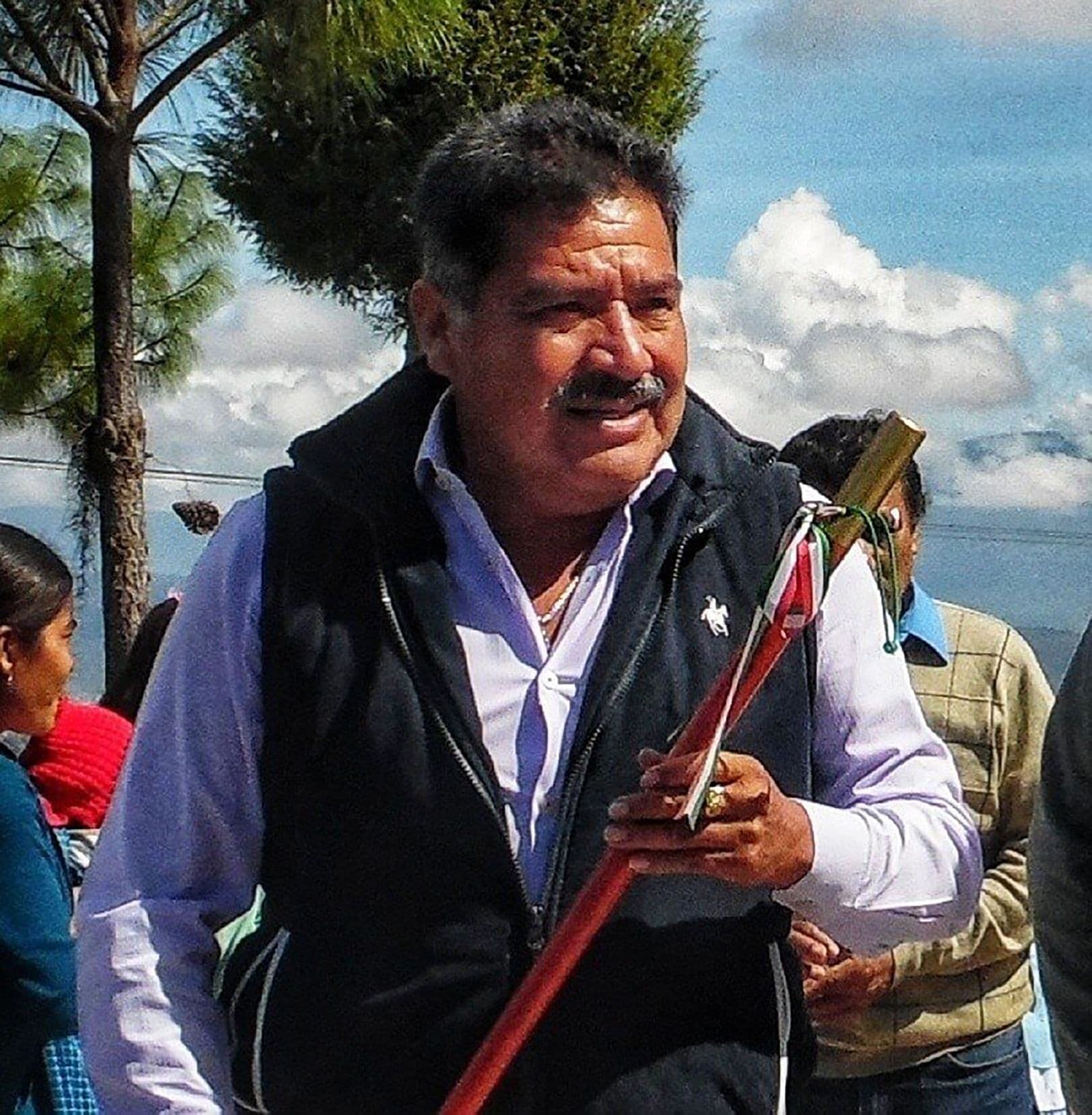We're loading the full news article for you. This includes the article content, images, author information, and related articles.
The brazen killing of Uruapan Mayor Carlos Alberto Manzo Rodríguez highlights the escalating power of drug cartels in Mexico and poses significant questions for global security, including the expanding reach of transnational organized crime into regions like East Africa.

MEXICO CITY, MEXICO – Carlos Alberto Manzo Rodríguez, the outspoken mayor of Uruapan in Mexico's western state of Michoacán, was shot and killed on Saturday night during a crowded public festival. The assassination, carried out in the city's historic centre during Day of the Dead celebrations, underscores the profound security crisis gripping the nation as powerful criminal organizations increasingly challenge state authority.
The attack occurred at approximately 8:10 PM local time (Sunday, 5:10 AM EAT) on November 1, 2025, as Mayor Manzo, 40, inaugurated the city's annual candlelight festival in front of dozens of residents and tourists. An unidentified man shot the mayor seven times before being killed at the scene by security forces. Manzo was rushed to a nearby hospital but succumbed to his injuries, according to a statement from state prosecutor Carlos Torres Piña. A city council member and one of the mayor's bodyguards were also wounded in the assault.
Federal Security Secretary Omar García Harfuch confirmed the attacker's death and stated that the weapon used was linked to at least two previous clashes between rival criminal groups active in the region. “No line of investigation is being ruled out to clarify this cowardly act,” García Harfuch told journalists on Sunday, November 2. Authorities later announced that two other individuals allegedly involved in the incident had been arrested.
Michoacán is one of Mexico's most violent states, a key battleground for cartels fighting for control over territory, drug trafficking routes, and lucrative extortion rackets targeting industries like avocado farming, for which Uruapan is a major hub. The region has been plagued by extreme violence for years, with groups like the Jalisco New Generation Cartel (CJNG) and other criminal syndicates frequently targeting public officials.
Mayor Manzo, who took office in September 2024, was a vocal critic of organized crime and what he described as government corruption. Nicknamed “The Mexican Bukele” for his hardline stance, he had publicly accused Michoacán's governor, Alfredo Ramírez Bedolla, and the state police of corruption and repeatedly appealed to President Claudia Sheinbaum's federal government for more assistance. Despite being under National Guard protection since December 2024, the brazen public nature of his murder has sent shockwaves through Mexico. In a statement made just last month, Manzo acknowledged the danger he was in, stating, “I don't want to be just another murdered mayor. But it is important not to let fear control us.”
The killing is part of a deadly trend of political violence in Mexico. Manzo is the sixth mayor killed in the country in 2025 and the third in Michoacán alone. In June, Salvador Bastidas, the mayor of Tacámbaro, was also murdered in the state. This pattern of assassinations aims to intimidate and control local governments, which are often the weakest link in the state's security apparatus.
While the assassination of a Mexican mayor may seem distant, the event carries significant global implications. The unchecked power of transnational criminal organizations like Mexican cartels poses a direct threat to international stability and security. These groups are expanding their operations globally, creating new drug trafficking routes and markets.
Of particular concern for Kenya is the confirmed presence of Mexican cartels in East Africa. In September 2024, a multi-agency operation dismantled a large-scale methamphetamine production lab in Namanga, on the Kenya-Tanzania border, which was linked to the CJNG. The U.S. government's International Narcotics Control Strategy Report, published in March 2025, called this the “first confirmed large-scale operation by a Mexican cartel in Kenya,” highlighting the country's role as a strategic transit point for narcotics destined for Europe and Asia. The trial of a Mexican national and his Kenyan and Nigerian associates connected to the lab is currently underway, underscoring the corrosive influence of drug money on regional governance and security.
The violence and corruption that have destabilized states like Michoacán serve as a stark warning. As noted by the Global Initiative Against Transnational Organized Crime, environments with existing corruption can attract drug traffickers, creating a symbiotic relationship that undermines state institutions. The United Nations has also recognized the growing nexus between transnational organized crime and terrorism, a critical concern for East Africa, which continues to battle extremist groups. The infiltration of powerful cartels into the region could provide new funding streams for terrorist activities and exacerbate existing security challenges.
The assassination of Mayor Manzo is a tragic reminder that the fight against organized crime is a global one. The failure to contain these powerful criminal networks in one part of the world allows them to metastasize, extending their reach and destructive influence across continents, with potentially severe consequences for the security and stability of nations like Kenya.
Keep the conversation in one place—threads here stay linked to the story and in the forums.
Sign in to start a discussion
Start a conversation about this story and keep it linked here.
Other hot threads
E-sports and Gaming Community in Kenya
Active 9 months ago
The Role of Technology in Modern Agriculture (AgriTech)
Active 9 months ago
Popular Recreational Activities Across Counties
Active 9 months ago
Investing in Youth Sports Development Programs
Active 9 months ago